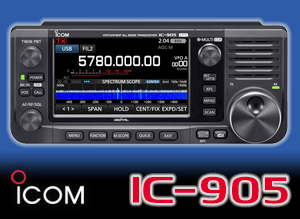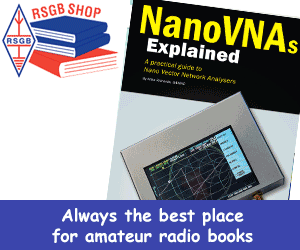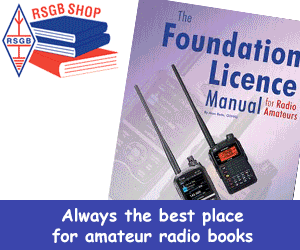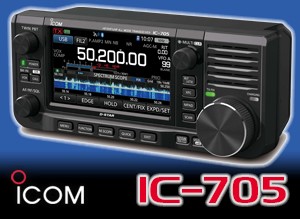Emergency communications
The provision of emergency communications is one of the fastest growing areas of amateur radio around the world.
Amateur radio is so useful to emergency communications because it does not depend on any infrastructure.
That means amateur radio does not rely on the electrical power grid or any cabled network.
Although mobile phones and the internet have wireless capability, they are still dependent on fixed masts and cabling which can be severely disrupted by a natural or man-made disaster; so while very useful in an emergency, mobiles and the internet cannot be relied upon completely.
When the phone lines are down and the electricity is off, it is still possible to communicate worldwide with amateur radio using only battery power.
This versatility has saved many lives over decades of amateur radio emergency service.
Amateur radio still gets through when everything else has failed.
RAYNET
RAYNET was formed in 1953 following the East Coast floods, when radio amateurs provided emergency communications, and was administered by the RSGB.
Radio Amateurs who are willing to provide communications during emergencies are organised in autonomous local RAYNET Groups and are also members of the national organisation, RAYNET-UK.
There are over 100 RAYNET Groups around the country. These Groups practice and improve their skills by taking part in exercises or by providing communications for community events.
RAYNET-UK is a registered charity, affiliated to the RSGB and there is regular liaison between the two, promoting a coordinated approach to emergency communications.
RAYNET-UK provides the special support which Groups need, such as specific insurance and photo ID. RAYNET-UK also liaises with the emergency services, government and other organisations at a national level. Only groups in RAYNET-UK are able to use the title RAYNET.
Many RAYNET groups are affiliated to the RSGB as Clubs.
FIND OUT MORE: Visit the RAYNET-UK website










